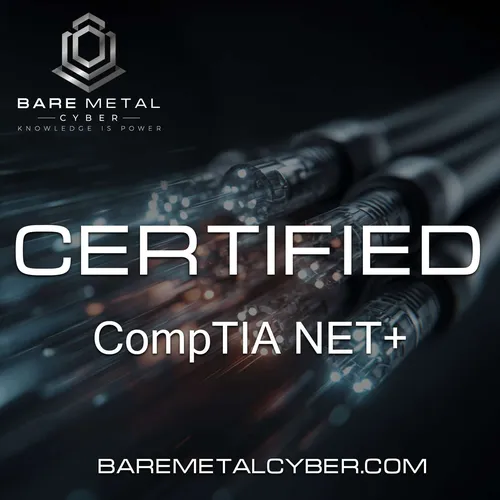Episode 89: Hubs and Bridges — Legacy Devices Explained
- Author
- Jason Edwards
- Published
- Sun 20 Jul 2025
- Episode Link
- https://share.transistor.fm/s/b265605e
This episode introduces hubs and bridges, legacy devices that laid the foundation for modern switching. Hubs operate at Layer 1, repeating signals to all ports without intelligence, which creates collision domains and inefficient traffic flow. Bridges operate at Layer 2, segmenting traffic into smaller collision domains by forwarding based on MAC addresses. Though rarely used today, hubs and bridges are included on the exam because understanding them provides context for modern technologies.
Examples highlight why hubs caused performance issues in busy networks and how bridges improved efficiency before switches became standard. Troubleshooting legacy environments may involve identifying broadcast storms or excessive collisions. By understanding these devices, you’ll be prepared to recognize references to older technologies on the exam and appreciate their role in networking history. Produced by BareMetalCyber.com, where you’ll find more cyber audio courses, books, and information to strengthen your certification path.
